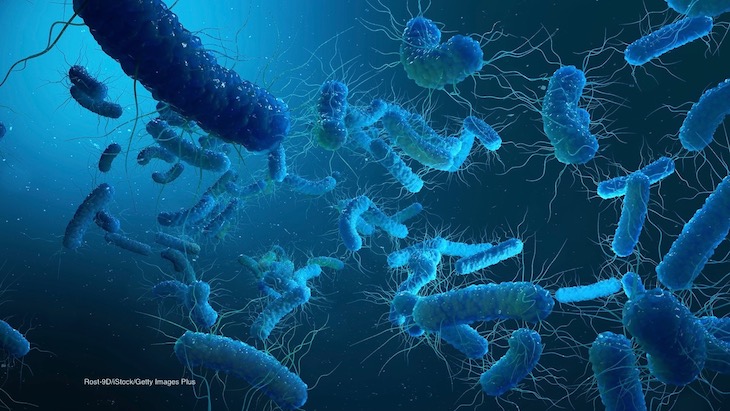A report on a raw milk Gouda-like E. coli O121 outbreak in British Columbia, Canada in 2018 has prompted recommendations for more controls on this type of product. The outbreak in 2018 sickened seven people.

Four of the seven cases ate the same raw milk Gouda-type cheese between August and October 2018. The implicated cheese was aged longer than the minimum requirement of 60 days, and investigators found no production deficiencies at the facility. The dairy plant was compliant with current Canadian regulatory requirements. One sample of the cheese tested positive for E. coli O121.
The investigators recommend that raw milk Gouda and Gouda-like cheeses should be labeled to increase consumer awareness of the potential risks in these types of products. They also recommend thermization, or heating, of milk to decrease the risk of illness associated with these products.
In this raw milk Gouda-like E. coli O121 outbreak, the illness onset dates ranged from August 19 to November 9, 2018. The median age of the patients was 28. There were no hospitalizations and no deaths were reported.
Epidemiologic, laboratory, and food safety investigations confirmed raw milk Gouda-like cheese to be the source of this E. coli O121 outbreak. A single batch of this cheese did not explain all of the illnesses. Cheese from this batch was the only one that teated positive for the outbreak strain. The implicated batch was available to all cases for consumption. The cheese did not go through pasteurization or any other kill step for the raw protein. “Therefore, contaminated milk is believed to be the source of cheese contamination,” according to the report.
This report is the fourth call to strengthen the regulatory requirements of these types of cheeses in Canada. At a minimum, the report’s authors recommend enhancing milk and cheese-processing controls and increasing consumer awareness of the health risks. Thermization of raw milk is also recommended; this process can achieve at least a five-log reduction of E. coli O157:H7. The dairy plant in question now uses pasteurized milk, leading to lower-risk cheese.




